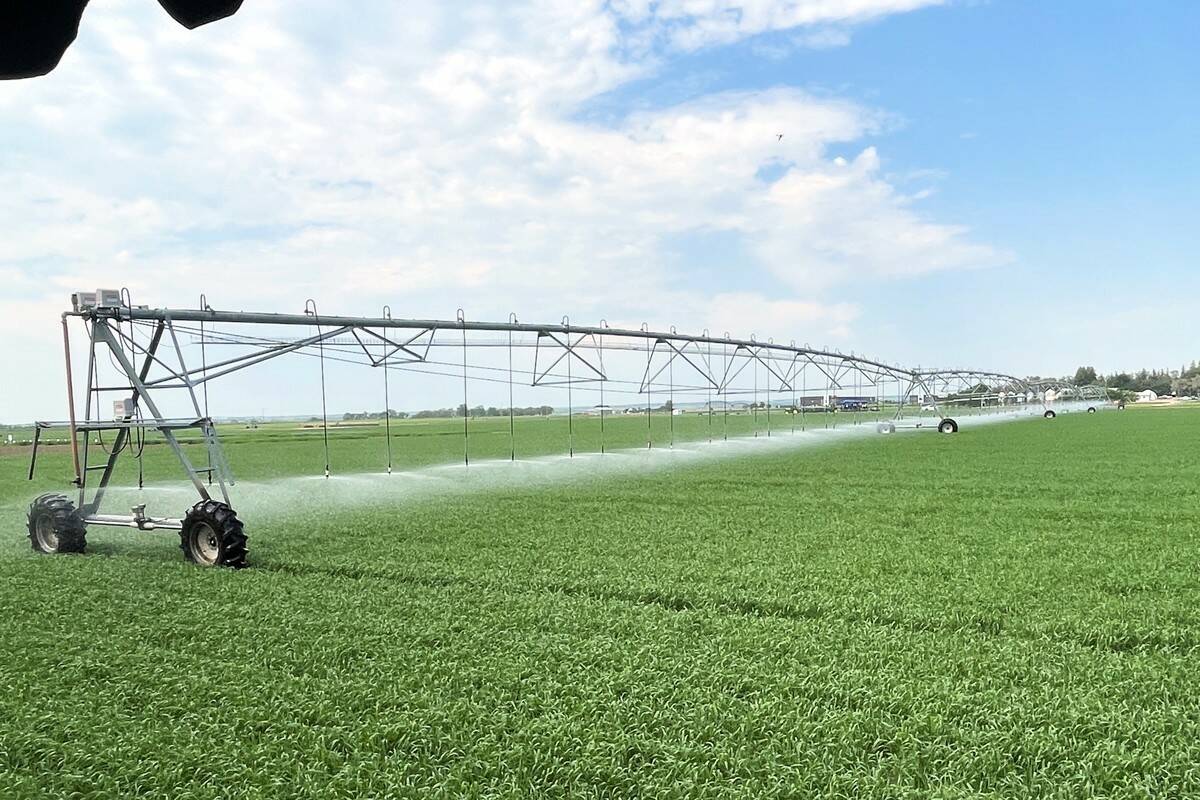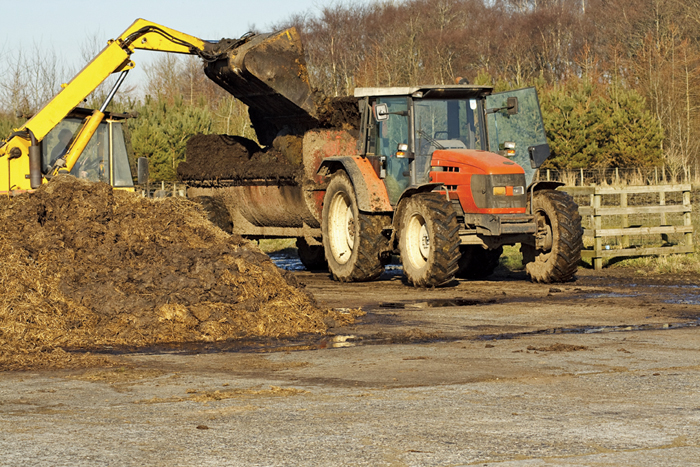Alberta Agriculture and Rural Development is reminding producers and manure haulers and applicators who handle more than 500 tonnes per year of manure that they must keep records for a minimum of five years.
“When we are talking about manure, we’re including everything from manure, compost, bedding, and feed to the wash water,” said Deanne Madsen, an extension specialist for confined feeding operations. “Anything that touches manure is considered manure and included in this total.”
Records, which may be requested by the Natural Resources Conservation Board, are needed to ensure soil nitrate-nitrogen and salinity levels aren’t being exceeded, she said.
Read Also

Southern Alberta lease policy changes offer tax relief hope
Grazing/cultivated lease controversy continues in southern Alberta municipality with residential landowners weighing in over taxes.
A solid manure applicator with a 30-tonne load would hit the 500-tonne limit with about 19 loads, Madsen said. She recommends consulting the Nutrient Management Planning Guide, which includes a table with solid manure production estimates for different livestock categories.
“If you are managing liquid manure, about 100,000 imperial gallons are equal to 500 tonnes of manure,” said Madsen.
“If you have approximately 20 lactating dairy cows in a free-stall barn that produce about 21 imperial gallons per day each, then you are managing approximately 158,000 imperial gallons and you’re going to need to keep records.”
Records include who handled the manure, and what, where, and when manure was applied.
“Essentially, this means recording how much manure was applied to meet crop needs based on soil tests. Repeat applications of manure at rates exceeding crop needs can reduce the soil’s ability to remain at peak productivity over the long term, as well as increase the chance of nutrients being lost to surface water and groundwater. To avoid this, it is important to keep and refer back to manure management records frequently.
There are two fact sheets covering manure-spreading regulations and record-keeping on the website for the Agricultural Operation Practices Act.
Producers or applicators can also contact an extension specialist for confined feeding operations at 310-FARM (3276).















